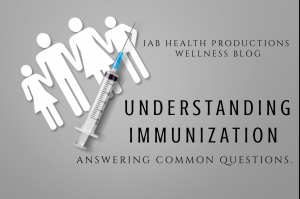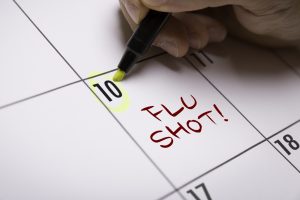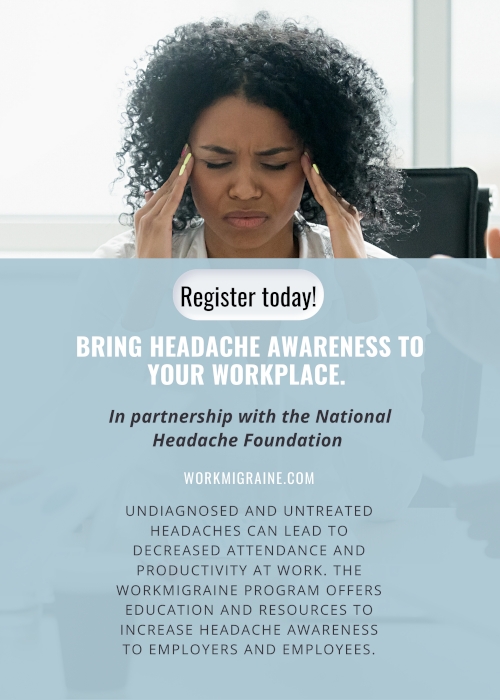Understanding Immunization: Answering Common Questions

The vast majority of Americans dutifully receive their recommended vaccinations on schedule. But some people have expressed concern about the safety and even necessity of these injections. Just as we are watchful about the food we put into our bodies, many of us are vigilant about medicines as well, opting for a more natural route when possible. The key phrase is when possible. There are times when only medication will do the job.
While its perfectly understandable to have questions and concerns about such powerful vaccines, it’s also important to have the most accurate information. Our goal is to bring you the most objective, researched information available on the subject of immunizations.
Vaccine vs. Immunization
Are these words interchangeable? Many times we hear those with concerns use the term “vaccine”, while healthcare professionals opt for the term “immunization.”
The vaccine is the actual injection of medicine, while the immunization is what occurs in your body as a result of the vaccination. We can assume medical professionals are focused on the overall goal of the injection, hence the general use of the latter term.
Are They Safe?
The most likely objection to receiving an immunization is a hesitancy about safety. As young parents with a new baby, it can be overwhelming wading through the information overload about vaccines. The CDC website is the most comprehensive place we have found for thorough, accurate information regarding the safety, ingredients, and potential side effects as well as the recommended schedule.

In addition to CDC, there is a third party organization completely separate from the government. The Health and Medicine Division (HMD) of the National Academies of Science, Engineering and Medicine is an independent, nonprofit organization. Their role is to be an unbiased source comprised of scientists who can attest to the safety or danger of particular vaccines. Read their study on some of the major vaccines that have created some concern for potential side effects. An easier to read the summary of the report’s findings can be found here. Knowing that a third party is involved to keep the public informed is very reassuring.
While the overall goal is to ensure a healthy society and eradicate diseases, a parent wants to know that their particular child will not undergo undue risk for the sake of a greater good. The CDC reassures us that the vaccines administered today are the safest they’ve ever been and are continually monitored for their safety. The truth is that with any medication, there will always be some risk of side effects. But the benefit of vaccines is believed to outweigh any potential risks.
Are Vaccines Really Still Necessary?
Our bodies are complex organisms that highly trained and skillful scientists have studied intently. The immune system specifically is extremely fascinating and intelligent. Vaccines are designed in such a way that a weakened germ or virus is injected in order that our bodies can produce “memory cells” capable of warding off any future contact with that particular illness. This creates a kind of immunity against infectious diseases.
With so many people immunized against these diseases, it only follows that they would gradually cease to occur at all. It can be easy to forget the severity of these diseases and the lives lost to them when we no longer see them in our society. Many of us have said, “Well, I had chickenpox, measles, mumps, etc. It wasn’t so bad! I was fine!” However, complications can arise from these diseases. Most of which may affect the very young, elderly or those with a weakened immune system. In these cases, eradicating the occurrence of the disease by lessening those carrying the contagions, we protect those in our community for whom these diseases could be deadly.
Why Spread Awareness?

Some people simply have a lack of awareness about their recommended vaccines. If you are a generally healthy person, you may forget to schedule a regular check-up with your Primary Care Physician. Perhaps you have a busy schedule (as so many of us do). Scheduling a time to receive a vaccine seems to rank much lower on our priority list than countless other more urgent things.
As employers, we can remedy this issue by offering Td and Flu vaccines at work. Posting recommended vaccines schedules, reminders and information in the workplace is another great way to raise awareness. Click here for a complete list of recommended vaccines for every age.
Download our free Wellness Observance Calendar for resources on promoting Immunization Awareness, as well as other health-related issues. Join us as we seek to promote Workplace Wellness and increase the health of our Nation.

